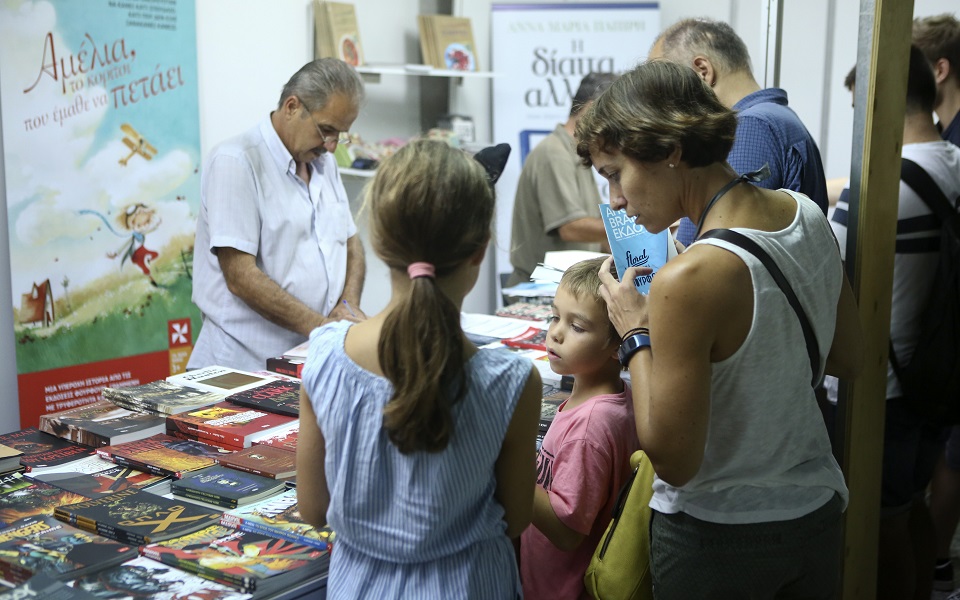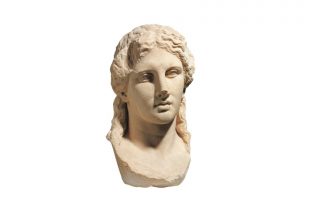Study finds Greek children’s literature out of touch with social realities

Greek literature for children fails to portray the diversity of the world around us in realistic terms, according to a new study, which found that less than 3% of the children’s books published in the last decade feature characters with special needs or with migrant or Romani backgrounds.
Carried out by a new non-governmental organization based on the island of Astypalaia and called Ta Vivilia Paizei, which seeks to influence policymaking and citizen awareness on social issues via literature, the survey examined 1,522 titles published in Greece between 2010 and 2020 and addressed to children aged 4-12.
It found that in 63.3% of the books that were examined, the main characters are white and able-bodied. More specifically, just 1% (or 16 books) feature a character with a disability, 0.79% (12 books) have a character described as a migrant or refugee and even fewer (11 books or 0.72% of the sample) feature characters who are Black, Asian or minority ethnic (BAME).
What is even more remarkable according to the researchers, is that not a single book features a character from the Romani ethnic group, even though it accounts for around 2.5% of Greece’s total population, with roughly 265,000 people, according to European Commission figures.
Another interesting finding is that the books became more inclusive over the course of the years under examination, with the majority of publications featuring migrants or refugees appearing in 2017, two years after the peak of the migrant crisis in Greece.
In a survey of the 13 publishers who responded to the invitation to participate in the study, moreover, Ta Vivilia Paizei found that only 30% believe there is a distinct lack of social and racial diversity in Greek children’s literature. Of those, 30% say that this stems from a shortage of supply from writers.
“Books play an important role and act as mirrors for children: the stories and the characters influence how they see themselves and the world around them, their motives for reading and their ambition to become a writer or illustrator in the future. Such an uneven representation [of different social groups] distorts these prospects,” Foteini Konstantopoulou, the chairman of Ta Vivilia Paizei, told the Athens-Macedonian News Agency.





